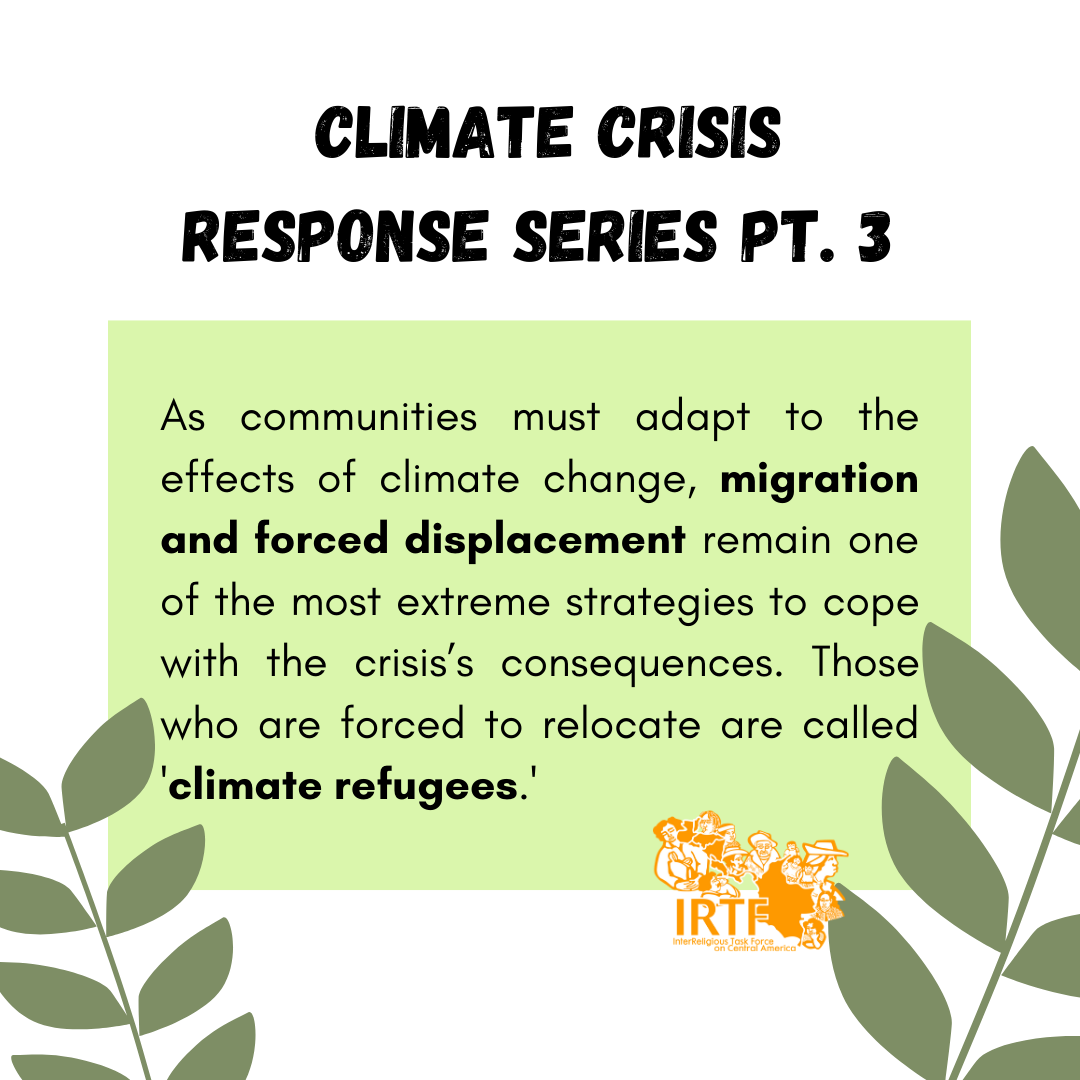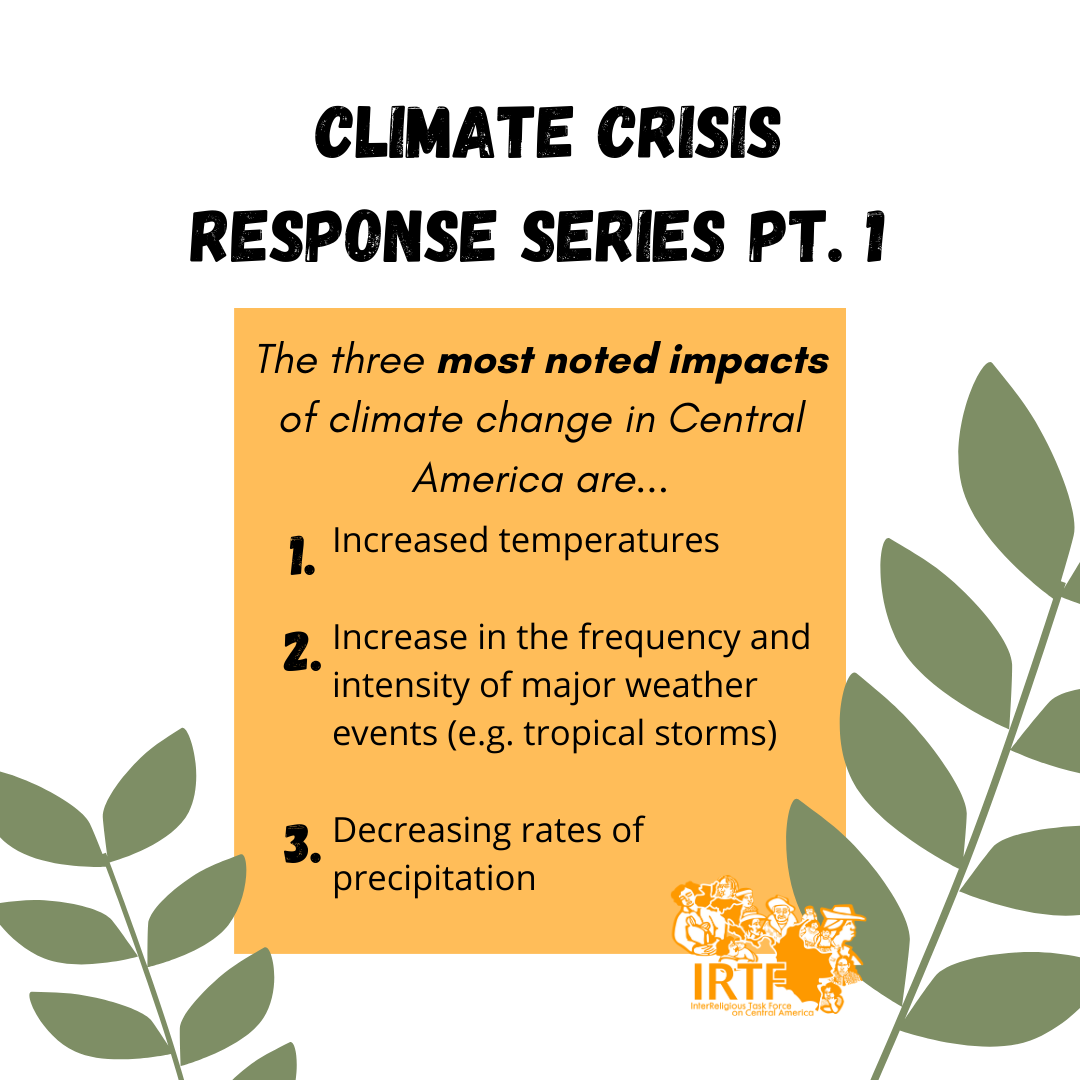- Home
- About Us
- Issues
- Countries
- Rapid Response Network
- Young Adults
- Get Involved
- Calendar
- Donate
- Blog
You are here
Honduras: News & Updates
 Honduras did not experience civil war in the 1980s, but its geography (bordering El Salvador, Guatemala and Nicaragua) made it a key location for US military operations: training Salvadoran soldiers, a base for Nicaraguan contras, military exercises for US troops. The notorious Honduran death squad Battalion 316 was created, funded and trained by the US. The state-sponsored terror resulted in the forced disappearances and extrajudicial killings of approximately 200 people during the 1980s. Many more were abducted and tortured. The 2009 military coup d’etat spawned a resurgence of state repression against the civilian population that continues today.
Honduras did not experience civil war in the 1980s, but its geography (bordering El Salvador, Guatemala and Nicaragua) made it a key location for US military operations: training Salvadoran soldiers, a base for Nicaraguan contras, military exercises for US troops. The notorious Honduran death squad Battalion 316 was created, funded and trained by the US. The state-sponsored terror resulted in the forced disappearances and extrajudicial killings of approximately 200 people during the 1980s. Many more were abducted and tortured. The 2009 military coup d’etat spawned a resurgence of state repression against the civilian population that continues today.
Learn more here:
Event
October 4, 2020
This informative webinar features four experts speaking on Honduras (Karen Spring, Honduras Solidarity Network), Nicaragua (Nan McCurdy, United Methodist missionary), Haiti (Pierre Labossiere, Haitian Action Committee), and Venezuela (Ricardo Vaz, journalist based in Venezuela)
RRN Letter
October 1, 2020
On September 27 in Comayagua, as journalist Luis Almendrares, age 35, was getting out of his car to go into a store for groceries, two men wearing hoods drove up on a motorcycle, shot him repeatedly, and fled. Luis Almendares began taping the scene of his own attack with his cellphone. He died the next day at a hospital in Tegucigalpa. The Honduran Press Association (APH, Asociación de Prensa Hondureña) has affirmed that "the problems of the press in Honduras begin with reports of journalistic investigations into corruption of officials or the political class.” On his Facebook page, Periodista504, the journalist had published information about corruption by local elected officials in Comayagua and violence committed by the police. Luis Almendares is at least the third journalist to be assassinated in Honduras in 2020, and at least the 85th since 2001. The National Human Rights Commission of Honduras (CONADEH) reports an impunity rate of 91% for the murders of journalists.
News Article
September 17, 2020
We discussed how climate and weather impact their crops, the farmer’s likes and dislikes of farming, and what organizations readers can reach out to support farming in Central America (original Spanish included).
News Article
September 4, 2020
Governments all over the world can and must take action right now to reduce the amount of people forcibly displaced because of climate change. According to a United Nation’s Report, we, as a global community, still have a window of opportunity to establish policies and strategies to ameliorate both the issues leading to climate migration and the issues directly caused by climate migration.
News Article
September 2, 2020
We have already emitted enough greenhouse gases (GHGs), such as CO2, to change the very composition of our atmosphere. Scientists, researchers, policymakers, and governmental officials alike know this; they know that the effects of climate change are occurring now and will continue into the not-so-distant future. We now face the question: will we act now to limit the consequences of climate change by reducing emissions or continue with the status quo and suffer the consequences?
Content Page
September 1, 2020
In this series of infographics we explore the ways in which the climate crisis is impacting Central Americans and Colombians, how they are adapting, and how this crisis has created a surge of climate migration.
RRN Letter
August 25, 2020
To bring attention to several identified environmental, social, human, and economic impacts of large scale mining projects in the Atlantic zone, residents of El Guapinol (Colón Department) and surrounding communities organized the Encampment on the Defense of Water and Life in August 2018. They pointed to contamination of the Guapinol and San Pedro Rivers, which supply drinking water to fourteen surrounding communities, caused by an iron ore mine operated since 2014 by Los Inversiones Los Pinares (owners: Lenir Pérez and Ana Facussé). Of particular concern are impacts on the Montaña de Botaderos National Park, which supplies several rivers flowing to Olancho, Atlántida, and Colón Departments. Area residents have documented how the mine is destroying animal life and contaminating smaller waterways. Tens of thousands of inhabitants are at risk of losing their agricultural crops and homes. Because of their actions in defense of the environment, these men have been imprisoned in “preventive detention” awaiting formal charges since September 2019: Porfirio Sorto Cedillo, José Abelino Cedillo, Kelvin Alejandro Romero, Arnold Javier Alemán, Ever Alexander Cedillo, Orbin Nahúm Hernández, Daniel Márquez, and Jeremías Martínez. We demand their release!
News Article
August 17, 2020
At least 212 land and environmental defenders were murdered last year — the highest number since the group Global Witness began gathering data eight years ago. Some 40% of those killed were Indigenous peoples. Today on Democracy Now!, we get an update from Honduras, where the Afro-Indigenous Garífuna community continues to demand the safe return of five Garífuna land defenders who were kidnapped by heavily armed men who were reportedly wearing police uniforms and forced them into three unmarked vehicles at gunpoint. This was the latest attack against the Garífuna community as they defend their territory from destructive projects fueled by foreign investors and the Honduran government. “We are in danger daily — all the leaders of the Garífuna community, all the defendants of the land in Honduras,” says Carla García, international relations coordinator at the Black Fraternal Organization of Honduras (OFANEH).
RRN Letter
August 16, 2020
Carrying a loaf of fresh bread that he was going to deliver to his uncle's house, José Miguel Hernández Tejada set out on his motorbike the morning of August 3. His mother Lizeth Tejada started to panic when evening rolled around and no one had seen him all day. Waiting the requisite full 24 hours to file a missing persons report, she went to the the Las Vegas municipal police department the next morning. Three days later, she was dismayed to discover that the report had never been entered into the computer system. When she later went to the regional office of the Public Ministry, the prosecutor told her that she had no right to file a complaint because forced disappearance was not a crime....We are deeply troubled by these procedural errors (or intentional hindrances) that Lizeth Tejada has experienced during her desperate quest to locate her missing son. We demand swift action.
News Article
August 13, 2020
Rep. Marcy Kaptur of Ohio (OH-09) is among 28 US House members who signed a letter (authored by Rep. Ilan Omar) opposing US investment in large-scale development projects in Honduras that are surrounded by serious human rights, worker rights, and environmental concerns. In their letter to Adam Boehler, chief executive officer of the US International Development Finance Corporation (DFC), the US representatives call the DFC’s planned investment in Honduras “a grave mistake.” They find it “deeply alarming” that Boehler (along with the US Embassy’s chargé d'affaires and the National Security Council’s senior director for the Western Hemisphere) posed for a photograph with President Hernández and announced “an investment in the same region of the country where …disappearances – and years of human rights violations – have taken place.” They make astute criticisms of both the president of Honduras and the energy company behind the Jimalito River hydropower project. “President Juan Orlando Hernández has a record that includes gross human rights violations, credible accusations of electoral fraud, deep connections to narcotrafficking and organized crime, and corruption.” “The company in charge of the project, Inversiones de Generación Eléctricas, S.A. (“Ingelsa”), is credibly accused by local community leaders of corruption, intimidation, and violence [and] the river that is being dammed is the only source of clean drinking water for the communities in the area.” They further note that community members active in organized resistance against the hydropower project have been assassinated, including the young lawyer Carlos Hernández in 2018.




